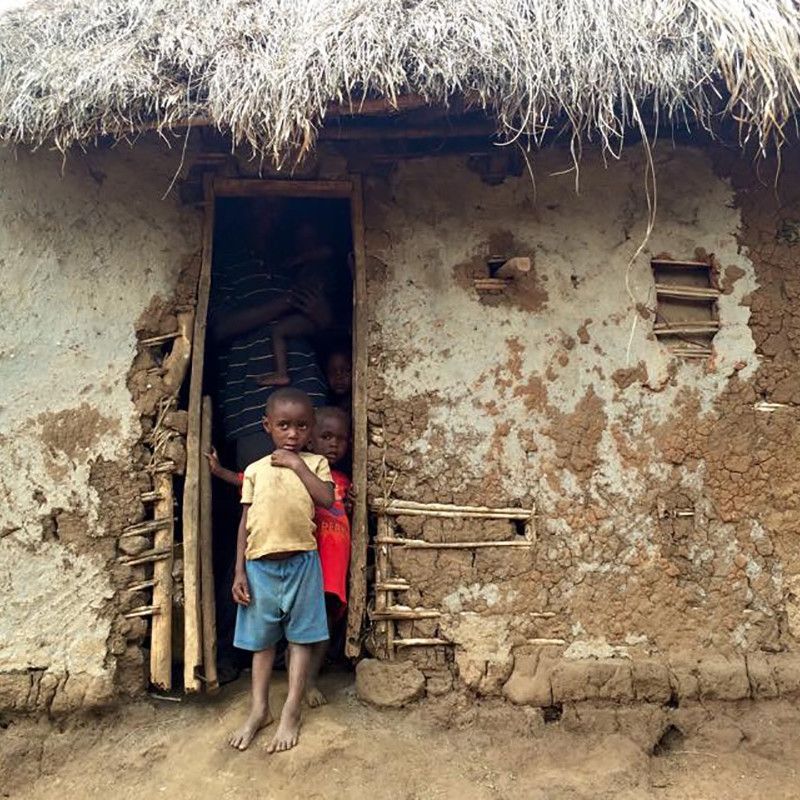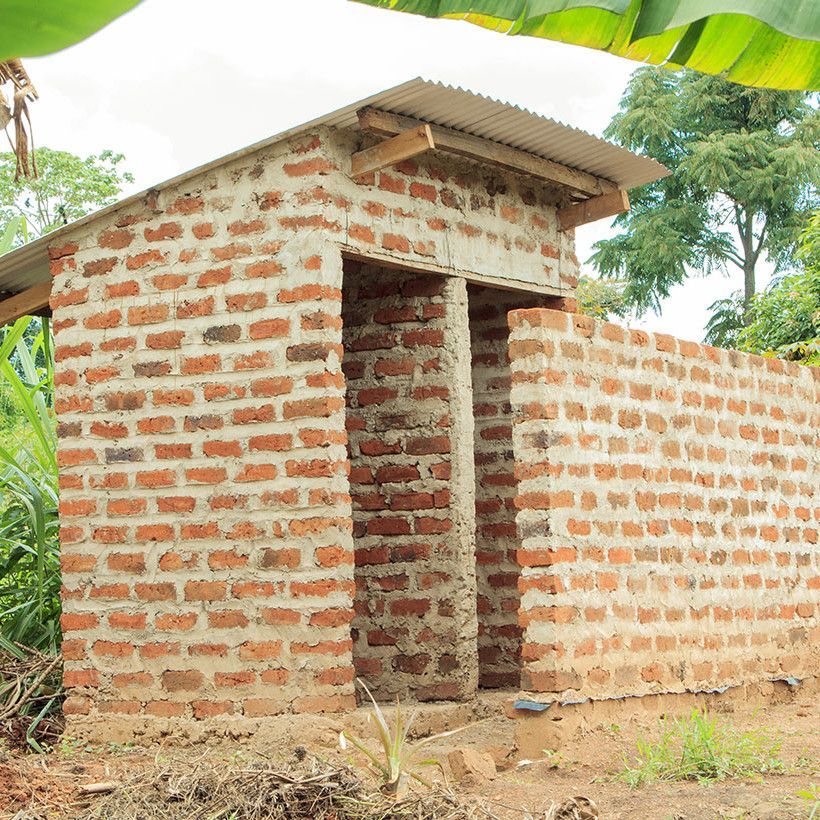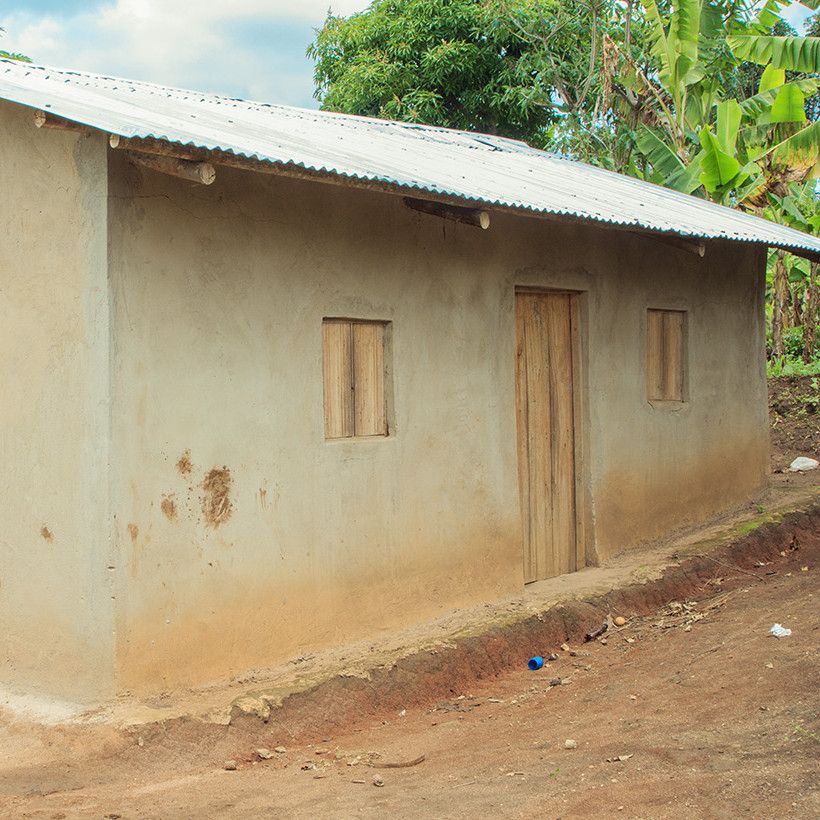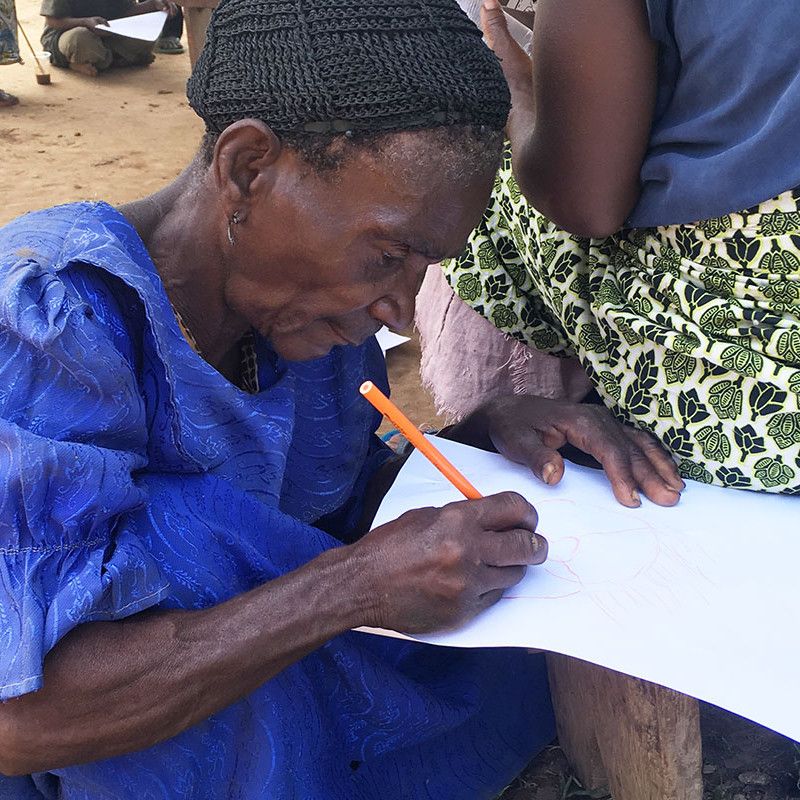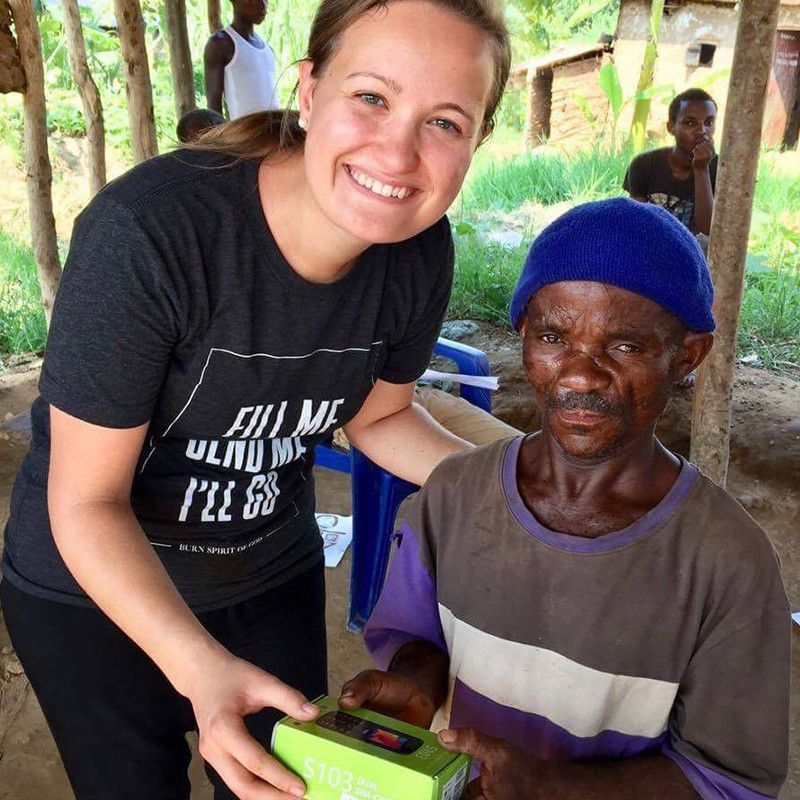Yonder Community Empowerment
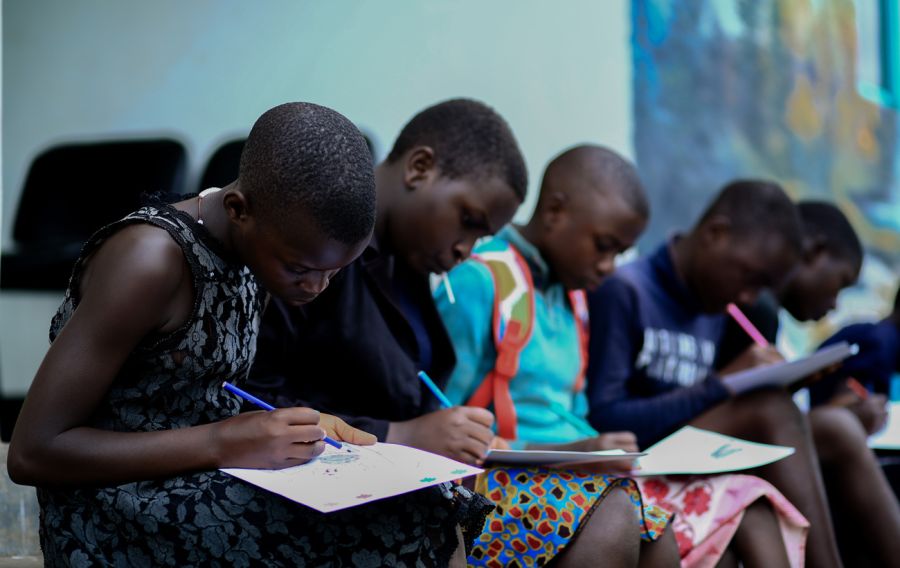
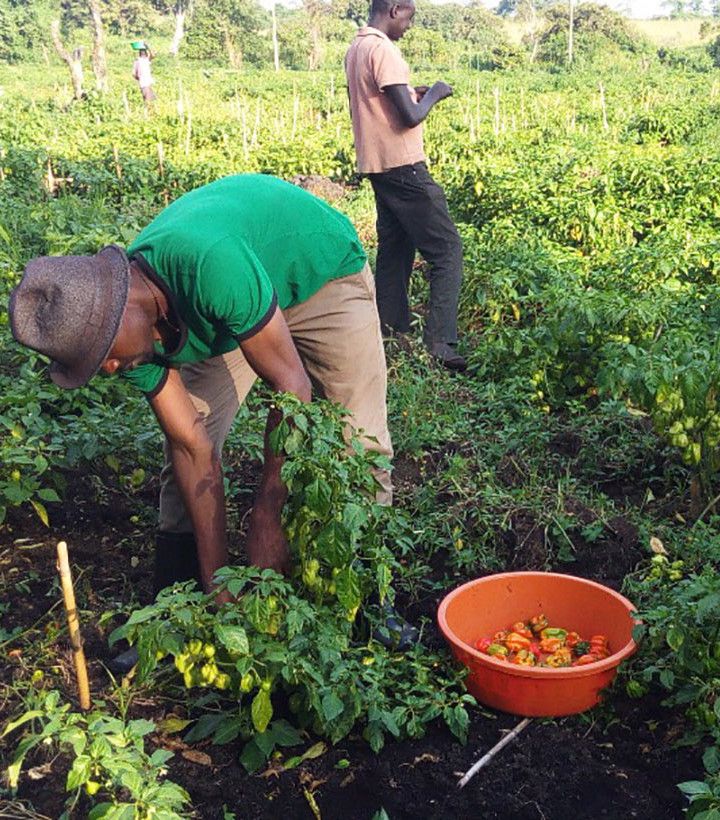
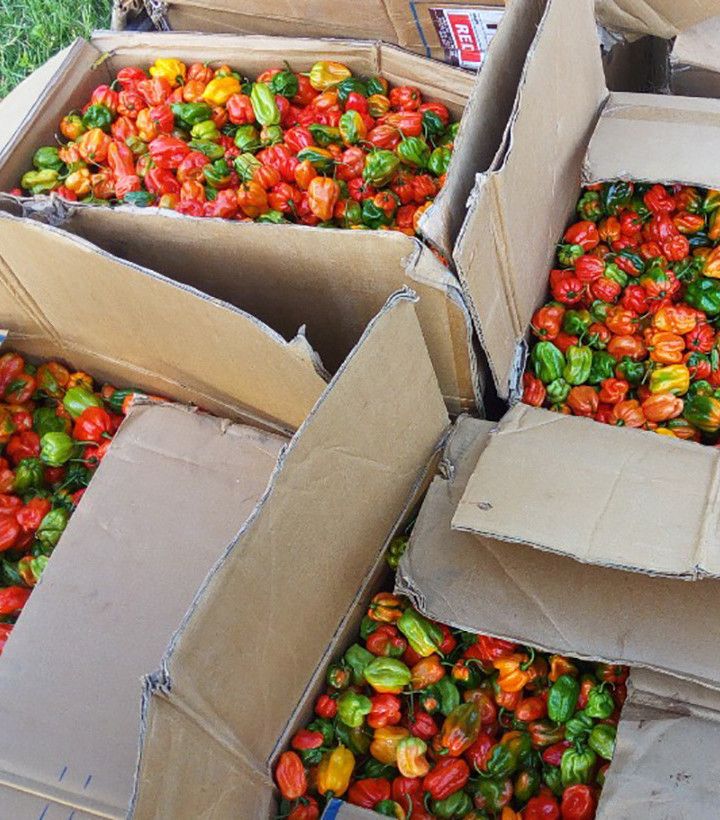



We are currently involved in engaging farmers in modern farming. By introducing new crops that are highly demanded on market both locally and internationally. Where necessary we distribute seeds of maize for them to grow food for both their family consumption and commercially. We extend farming knowledge to communities to enable them optimise the farming land they possess by partnering with experts in different fields who share their experiences to encourage fellow farmers. We carry out research on how to improve seedlings to yield more, ways to prevent various pests and diseases that attack the crops and search for market for the crops the community grows both locally and internationally.
Our vision for buying land was so we can practice farming as an organisation as a means to become self-sustainable, support education and other projects. We are already on ground working with farmers in the community providing seeds e.g maize, chill/hot pepper, black pepper and cardamon. We have also started rearing goats and growing matooke and Irish potatoes on a small scale.
Nearly 60% of the population of Uganda lives in the rural area and there has been a persistent problem of access to clean water. In one of the communities we serve in Kabarole, there was a spring well that was their source of water. But because of poor sanitation; open defecation, pit latrines and other pollutants captured in run-off water during rains contaminated the well continually thus deeming it unsafe for human consumption. Yonder Life helped transform the lives of hundreds in this community by constructing a modern well for them and providing a sustainable water supply system. The community now enjoys clean piped water and practices proper sanitation methods to maintain a safe water environment. Women now have more opportunities to work, children go to school and the community enjoys a reliable utility. Spending massive amounts of time collecting water for drinking, cooking and washing is a thing of the past.
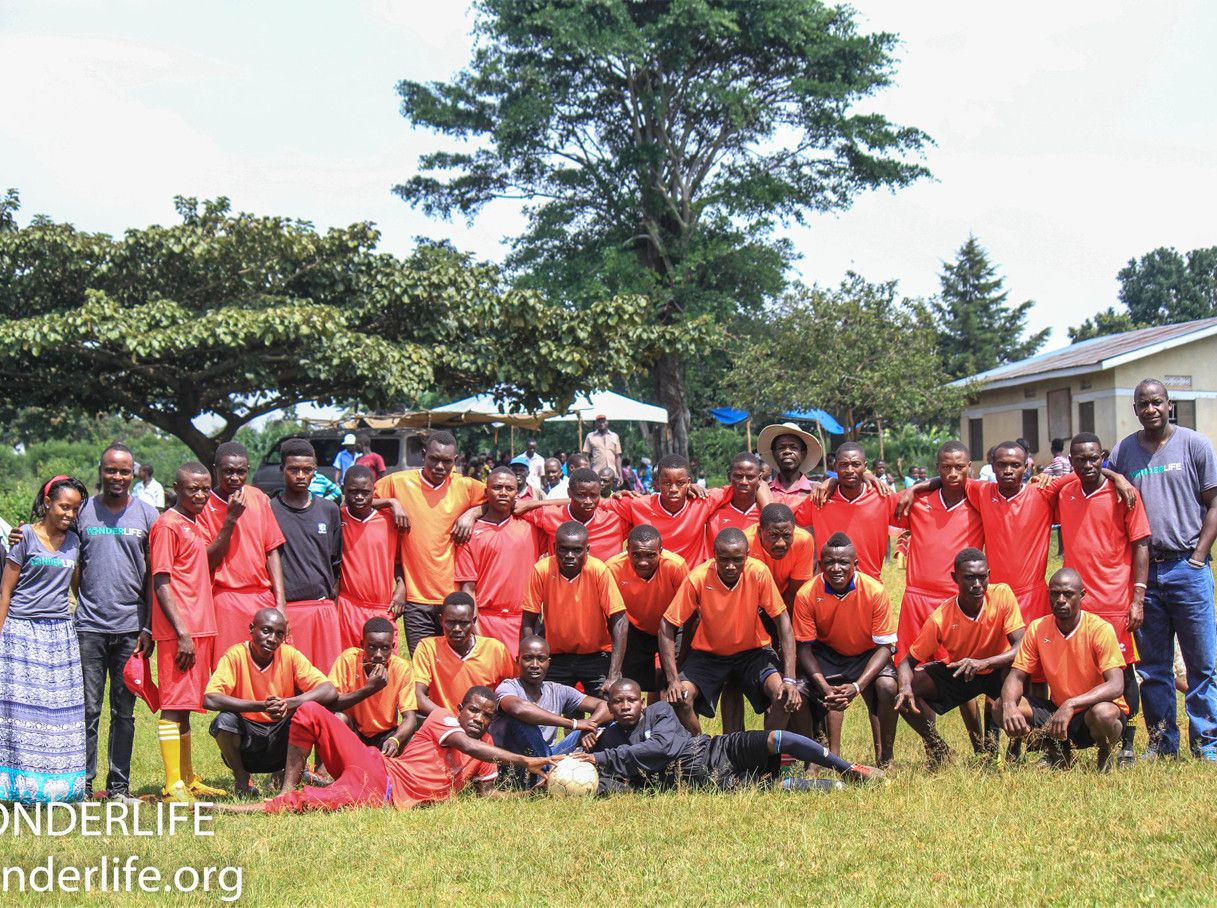
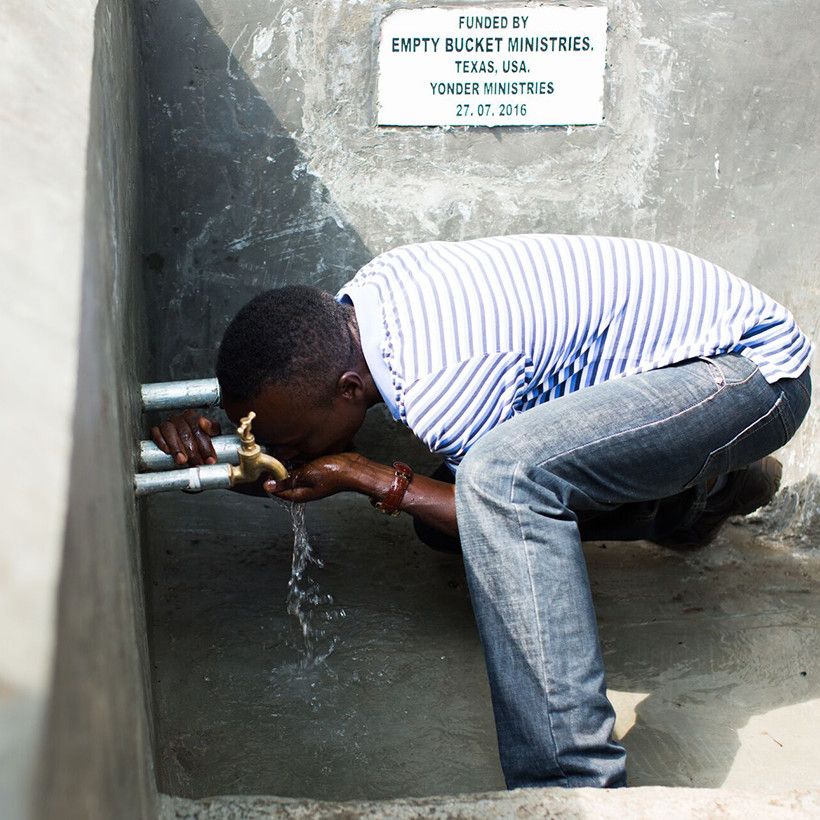
Yonder Life organises sports galas every year to engage the community. We have mobilised the community youth to get involved in playing football and netball for the girls. We have also made an initiative to teach the kids American Football, formed teams and competed against one another and other teams in the district like Nyabuhara Sports Team. It has helped to foster a spirit of unity and love in the communities. Working together to achieve a common goal encourages them to create friendships and collaborate to play well. This inclusiveness has helped the communities to be receptive to our message and join us in the work we do to improve their wellbeing. We provide the necessary items required to play a successful game like balls, uniforms, sports shoes and boots on occasion.This has brought together youth from different communities and they always look forward to our sports events. It makes our outreach programs easier and we are able to serve a great number of people.
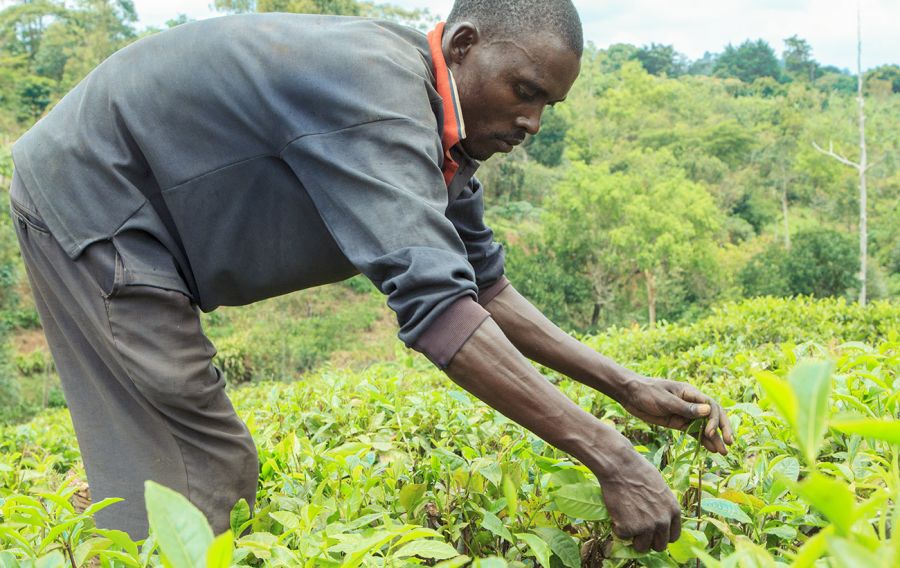
Yonder Community Empowerment


We are currently involved in engaging farmers in modern farming. By introducing new crops that are highly demanded on market both locally and internationally. Where necessary we distribute seeds of maize for them to grow food for both their family consumption and commercially. We extend farming knowledge to communities to enable them optimise the farming land they possess by partnering with experts in different fields who share their experiences to encourage fellow farmers. We carry out research on how to improve seedlings to yield more, ways to prevent various pests and diseases that attack the crops and search for market for the crops the community grows both locally and internationally.
Our vision for buying land was so we can practice farming as an organisation as a means to become self-sustainable, support education and other projects. We are already on ground working with farmers in the community providing seeds e.g maize, chill/hot pepper, black pepper and cardamon. We have also started rearing goats and growing matooke and Irish potatoes on a small scale.

Nearly 60% of the population of Uganda lives in the rural area and there has been a persistent problem of access to clean water. In one of the communities we serve in Kabarole, there was a spring well that was their source of water. But because of poor sanitation; open defecation, pit latrines and other pollutants captured in run-off water during rains contaminated the well continually thus deeming it unsafe for human consumption. Yonder Life helped transform the lives of hundreds in this community by constructing a modern well for them and providing a sustainable water supply system. The community now enjoys clean piped water and practices proper sanitation methods to maintain a safe water environment. Women now have more opportunities to work, children go to school and the community enjoys a reliable utility. Spending massive amounts of time collecting water for drinking, cooking and washing is a thing of the past.

Yonder Life organises sports galas every year to engage the community. We have mobilised the community youth to get involved in playing football and netball for the girls. We have also made an initiative to teach the kids American Football, formed teams and competed against one another and other teams in the district like Nyabuhara Sports Team. It has helped to foster a spirit of unity and love in the communities. Working together to achieve a common goal encourages them to create friendships and collaborate to play well. This inclusiveness has helped the communities to be receptive to our message and join us in the work we do to improve their wellbeing. We provide the necessary items required to play a successful game like balls, uniforms, sports shoes and boots on occasion.This has brought together youth from different communities and they always look forward to our sports events. It makes our outreach programs easier and we are able to serve a great number of people.
Originally, the Batwa dwelt in the forests and were hunters and gatherers. Due to modernisation, their traditional forest lands and territories fell under the control of agro-industries and conservation agencies and they became squatters living on the edge of society. Furthermore, the establishment of National Parks in the region for Mountain Gorillas caused the authorities to definitely evict them from the forest. Life outside the forest has been hard to adapt to because they are not used to it. They have been continuously marginalised and silenced which has rendered them one of the most vulnerable and endangered people in Uganda.
Yonder Life is determined to improve their lives and help them as they are still learning a lot about life outside the forest. We have intervened by occasionally supplying them with basic necessities and having one-on-one dialogue with them. We met their King and other leaders and this has helped us build a strong relationship with them. We hope to have their children brought to Fort Portal, where we are based, to study after we have constructed our schools. The main aim is to start a new generation of educated Batwa people.
Originally, the Batwa dwelt in the forests and were hunters and gatherers. Due to modernisation, their traditional forest lands and territories fell under the control of agro-industries and conservation agencies and they became squatters living on the edge of society. Furthermore, the establishment of National Parks in the region for Mountain Gorillas caused the authorities to definitely evict them from the forest. Life outside the forest has been hard to adapt to because they are not used to it. They have been continuously marginalised and silenced which has rendered them one of the most vulnerable and endangered people in Uganda.
Yonder Life is determined to improve their lives and help them as they are still learning a lot about life outside the forest. We have intervened by occasionally supplying them with basic necessities and having one-on-one dialogue with them. We met their King and other leaders and this has helped us build a strong relationship with them. We hope to have their children brought to Fort Portal, where we are based, to study after we have constructed our schools. The main aim is to start a new generation of educated Batwa people.
